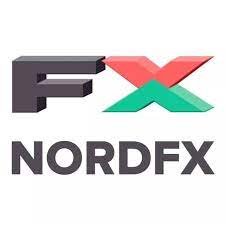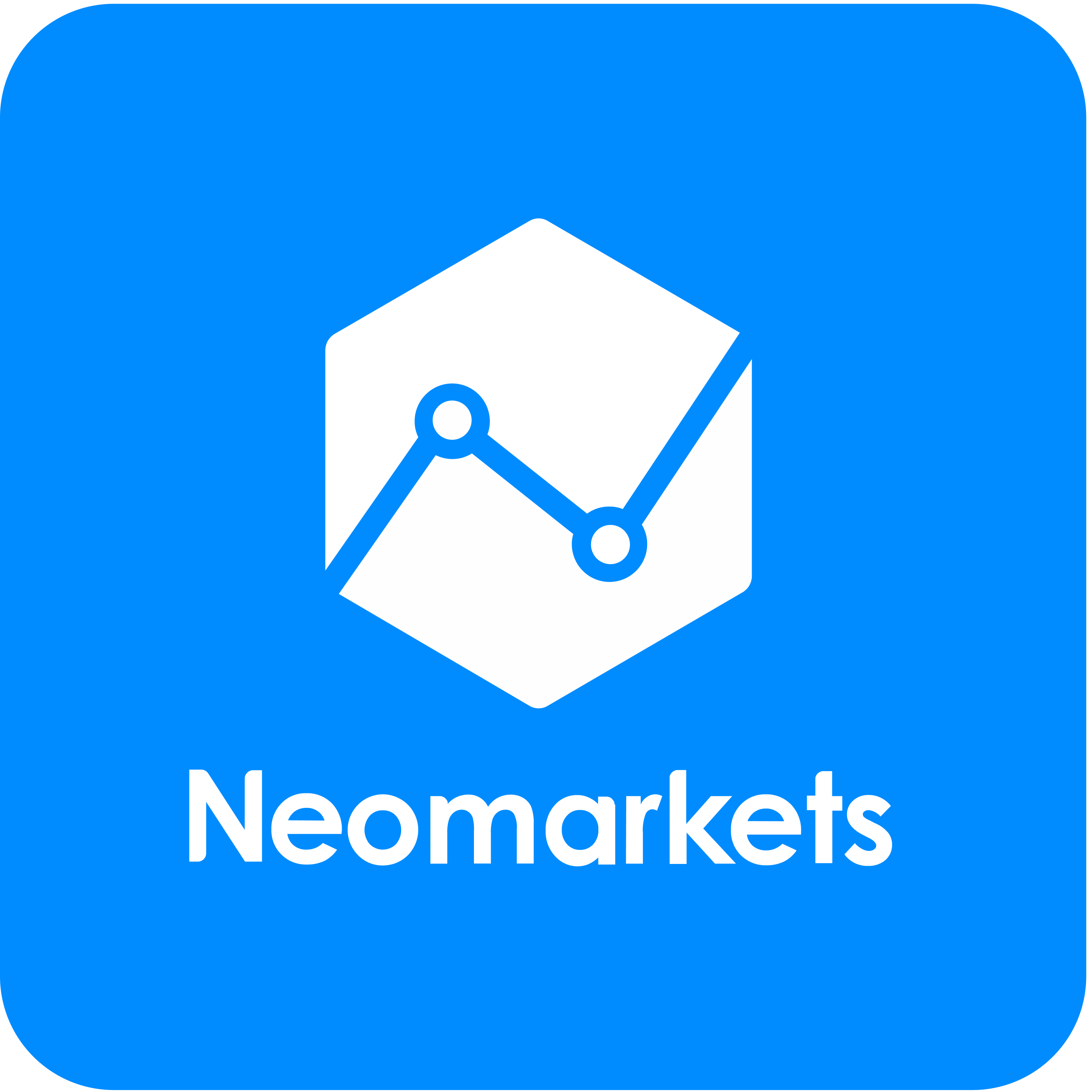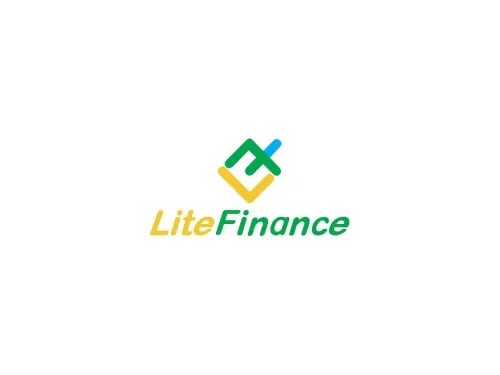Spreads are the difference between the selling and buying prices of tradable assets when you execute trades. In simpler terms, they represent the fees your broker charges for executing those trades. For this reason, most professional traders prefer trading with low spread brokers to reduce trading costs and maximize profits. The following are our top 10 best low spread forex brokers.
Best Low Spread Forex Brokers
-

Multi-Regulated Broker: XM has multiple regulations including CySEC (Cyprus), FSC (Belize and Mauritius), FSA (Seychelles), and DFSA (Dubai).
-

Variety of Bonuses: The broker offers an extensive range of bonuses including welcome, no-deposit, and seasonal offers that can boost capital and allow profit withdrawal.
-

Consistent High Leverage and Low Spreads: The company offers consistently low spreads and a high leverage even during volatile market conditions.
-

Not Available in the US: XM does not accept clients from the US. For traders based in restricted regions, it is best to look for other options.
-

Offerings May Differ Based on Location: Payment methods, trading strategies, and bonuses may vary depending on your location.
-

Inactivity Fees: XM charges a dormant fee when your account stays dormant for consecutive 90 days. You are charged an inactivity fee of $10 per month.
-
Specialized trading accounts
-
Free VPS hosting
-
24/7 instant money withdrawal
-

Multi-Regulated Broker: XM has multiple regulations including CySEC (Cyprus), FSC (Belize and Mauritius), FSA (Seychelles), and DFSA (Dubai).
-

Variety of Bonuses: The broker offers an extensive range of bonuses including welcome, no-deposit, and seasonal offers that can boost capital and allow profit withdrawal.
-

Consistent High Leverage and Low Spreads: The company offers consistently low spreads and a high leverage even during volatile market conditions.
-

Not Available in the US: XM does not accept clients from the US. For traders based in restricted regions, it is best to look for other options.
-

Offerings May Differ Based on Location: Payment methods, trading strategies, and bonuses may vary depending on your location.
-

Inactivity Fees: XM charges a dormant fee when your account stays dormant for consecutive 90 days. You are charged an inactivity fee of $10 per month.
- Withdrawal fee$0
- Deposit fee$0
- Max Leverage1:1000
-

High Leverage Options
-

Low Initial Deposit Requirements
-

Lack of Proper Regulation
-

Withdrawal Issues
-

Poor Customer Support
-
24/7 instant money withdrawal
-
Specialized trading accounts
-

High Leverage Options
-

Low Initial Deposit Requirements
-

Lack of Proper Regulation
-

Withdrawal Issues
-

Poor Customer Support
- Withdrawal fee$0
- Deposit fee$0
- Max Leverage1:3000
-

Trading Accounts for Different Types of Traders: VT Markets offers STP, ECN, Cent, and Swap Free trading accounts. The company also offers a demo account for 90 days.
-

Multi Regulated Brokerage: VT Markets has multiple reputable regulations from South Africa, Dubai, and Mauritius.
-

Investor Protection and Trader Insurance: The company is a part of The Financial Commission and Compensation Fund and has Lloyd’s Insurance with coverage of over €20,000 and $1M respectively for client funds.
-

No Crypto CFDs Available: VT Markets does not offer crypto CFD assets.
-

No Phone Support: VT Markets does not offer phone support.
-
Specialized trading accounts
-

Trading Accounts for Different Types of Traders: VT Markets offers STP, ECN, Cent, and Swap Free trading accounts. The company also offers a demo account for 90 days.
-

Multi Regulated Brokerage: VT Markets has multiple reputable regulations from South Africa, Dubai, and Mauritius.
-

Investor Protection and Trader Insurance: The company is a part of The Financial Commission and Compensation Fund and has Lloyd’s Insurance with coverage of over €20,000 and $1M respectively for client funds.
-

No Crypto CFDs Available: VT Markets does not offer crypto CFD assets.
-

No Phone Support: VT Markets does not offer phone support.
- Withdrawal fee$0
- Deposit fee$0
- Max Leverage1:1000
-

Competitive Spreads
-

Comprehensive Educational Resources
-

Robust Customer Support
-

Limited Deposit and Withdrawal Options
-

Occasional Platform Glitches
-

Limited Regulatory Oversight in Certain Regions
-
Specialized trading accounts
-
Free VPS hosting
-
24/7 instant money withdrawal
-

Competitive Spreads
-

Comprehensive Educational Resources
-

Robust Customer Support
-

Limited Deposit and Withdrawal Options
-

Occasional Platform Glitches
-

Limited Regulatory Oversight in Certain Regions
- Withdrawal fee$0
- Deposit fee$0
- Max Leverage1:1000
-

Wide Range of Account Types: PU Prime provides a variety of account types designed to suit different trading styles and experience levels, from beginners to advanced traders.
-

Great Leverage: Control larger positions using minimal capital, thanks to leverage of up to 1:1000. This allows you to maximize opportunities in the market but remember, while higher leverage can enhance potential gains, it also increases risk.
-

24/7 Multi Channel Support: Round-the-clock assistance is provided by PU Prime through multiple channels, including live chat, email, and phone support. Services are offered in 18 languages, ensuring accessibility for a diverse range of traders.
-

Slightly Higher Spreads: For no-commission accounts, spreads starting at 1.3 pips are slightly higher than the industry average.
-

High Minimum Deposit: High minimum deposit for the low-spread and commission-based accounts
-

No EU Regulations: Despite being regulated by 4 authorities, including top-tier ASIC, the broker does not offer dedicated EU regulation for European clients.
-
24/7 Multilingual Customer Service
-
Proprietary Copy Trading App
-

Wide Range of Account Types: PU Prime provides a variety of account types designed to suit different trading styles and experience levels, from beginners to advanced traders.
-

Great Leverage: Control larger positions using minimal capital, thanks to leverage of up to 1:1000. This allows you to maximize opportunities in the market but remember, while higher leverage can enhance potential gains, it also increases risk.
-

24/7 Multi Channel Support: Round-the-clock assistance is provided by PU Prime through multiple channels, including live chat, email, and phone support. Services are offered in 18 languages, ensuring accessibility for a diverse range of traders.
-

Slightly Higher Spreads: For no-commission accounts, spreads starting at 1.3 pips are slightly higher than the industry average.
-

High Minimum Deposit: High minimum deposit for the low-spread and commission-based accounts
-

No EU Regulations: Despite being regulated by 4 authorities, including top-tier ASIC, the broker does not offer dedicated EU regulation for European clients.
- Withdrawal fee$0
- Deposit fee$0
- Max Leverage1:1000
-

Regulated by multiple authorities
-

Offers a wide range of assets, including cryptocurrencies, stocks, indexes, metals and oil
-

Multiple trading platforms are available, including MetaTrader 4, MetaTrader 5 and MetaTrader 5 web
-

Limited educational resources for beginners
-

Limited research tools
-

Limited customer support options compared to some other brokers
-
Free VPS hosting
-
Specialized trading accounts
-
24/7 instant money withdrawal
-

Regulated by multiple authorities
-

Offers a wide range of assets, including cryptocurrencies, stocks, indexes, metals and oil
-

Multiple trading platforms are available, including MetaTrader 4, MetaTrader 5 and MetaTrader 5 web
-

Limited educational resources for beginners
-

Limited research tools
-

Limited customer support options compared to some other brokers
- Withdrawal fee$0
- Deposit fee$0
- Max Leverage1:1000
-

No obligation demo accounts with US$50,000 of virtual funds to practice with
-

24/5 Customer support available
-

Multilingual support in 14 languages
-

Limited trading platform options
-

Limited trading instruments
-

Only forex and CFD trading
-
24/7 instant money withdrawal
-
Free VPS hosting
-
Specialized trading accounts
-

No obligation demo accounts with US$50,000 of virtual funds to practice with
-

24/5 Customer support available
-

Multilingual support in 14 languages
-

Limited trading platform options
-

Limited trading instruments
-

Only forex and CFD trading
- Withdrawal feeN/A
- Deposit feeN/A
- Max LeverageN/A
-

Multiple Regulations: Multi-regulated broker with licenses from Seychelles (FSA), South Africa (FSCA), Dominica (FSU), and UAE (SCA).
-

Extremely High Leverage and Low Trading Costs: You can trade with up to 1:1000, 1:2000, and even “limitless” on special accounts with negative balance protection available. Tradequo offers spreads as low as zero pips on some major pairs (depending on the account type).
-

Extensive Range of Tradable Assets: The broker gives you access to 350+ tradable instruments over forex, stocks, indices, commodities, and cryptocurrencies.
-

Not Available in Certain Jurisdictions: The company does not accept clients from US, EU, UK, and Canada among others due to regulatory restrictions.
-

No Call Support: Tradequo does not offer call support at the time of writing this review.
-

Islamic Account Option Only Available on Request: Islamic accounts are available but not as a standard account type. They are only available upon request.
-
24/7 Customer Support
-
Very High Leverage
-

Multiple Regulations: Multi-regulated broker with licenses from Seychelles (FSA), South Africa (FSCA), Dominica (FSU), and UAE (SCA).
-

Extremely High Leverage and Low Trading Costs: You can trade with up to 1:1000, 1:2000, and even “limitless” on special accounts with negative balance protection available. Tradequo offers spreads as low as zero pips on some major pairs (depending on the account type).
-

Extensive Range of Tradable Assets: The broker gives you access to 350+ tradable instruments over forex, stocks, indices, commodities, and cryptocurrencies.
-

Not Available in Certain Jurisdictions: The company does not accept clients from US, EU, UK, and Canada among others due to regulatory restrictions.
-

No Call Support: Tradequo does not offer call support at the time of writing this review.
-

Islamic Account Option Only Available on Request: Islamic accounts are available but not as a standard account type. They are only available upon request.
- Withdrawal fee$0
- Deposit fee$0
- Max LeverageUnlimited
-

NeoMarkets is praised for its user-friendly approach, making it accessible and straightforward for novice and experienced traders to navigate the platform.
-

NeoMarkets allows trading cryptocurrencies through CFDs at competitive costs, providing traders with exposure to this popular asset class.
-

NeoMarkets is regulated by the Financial Services Commission (FSC) in Mauritius, adding an element of oversight and security for its clients.
-

NeoMarkets has a limited selection of deposit and withdrawal methods, potentially inconveniencing clients who prefer a broader range of options.
-

To access the demo account, users must first complete the registration process, which might deter those who prefer exploring the platform before committing.
-

NeoMarkets’ website lacks readily available information about its various account types, potentially making it challenging for traders to select the most suitable option.
-
24/7 instant money withdrawal
-
Affiliate Program
-

NeoMarkets is praised for its user-friendly approach, making it accessible and straightforward for novice and experienced traders to navigate the platform.
-

NeoMarkets allows trading cryptocurrencies through CFDs at competitive costs, providing traders with exposure to this popular asset class.
-

NeoMarkets is regulated by the Financial Services Commission (FSC) in Mauritius, adding an element of oversight and security for its clients.
-

NeoMarkets has a limited selection of deposit and withdrawal methods, potentially inconveniencing clients who prefer a broader range of options.
-

To access the demo account, users must first complete the registration process, which might deter those who prefer exploring the platform before committing.
-

NeoMarkets’ website lacks readily available information about its various account types, potentially making it challenging for traders to select the most suitable option.
- Withdrawal fee$0 (conditions apply)
- Deposit fee$0
- Max Leverage1:500
-

24-hour support
-

Supports MetaTrader 4 and MetaTrader 5 and their mobile and web versions
-

Variety of deposit/withdrawal methods
-

VPS is not free of charge
-

A limited selection of tradable instruments
-

Unavailable to US retail clients
-
Specialized trading accounts
-
Free VPS hosting
-
24/7 instant money withdrawal
-

24-hour support
-

Supports MetaTrader 4 and MetaTrader 5 and their mobile and web versions
-

Variety of deposit/withdrawal methods
-

VPS is not free of charge
-

A limited selection of tradable instruments
-

Unavailable to US retail clients
- Withdrawal feeN/A
- Deposit feeN/A
- Max LeverageN/A
What Is a Low Spread Forex Broker?
A low spread forex broker lets traders access tighter pricing between the bid and ask prices on currency pairs. These brokers can usually have spreads as low as 0.0 to 1 or 2 pips. Low spread forex brokers are especially great for high volume traders and scalpers. Even a small reduction in spread costs can make a big difference to your trading costs over time.
How to Choose the Best Low Spread Forex Broker?
Choosing the right broker goes beyond just comparing spreads. You should also consider other factors like available instruments, trading platform, customer service, regulation, execution mode etc. It is also important to note that some brokers may offer low spreads but may have other trading fees. Therefore you should also compare withdrawal fees, deposit fees, inactivity fees and even overnight swap fees (if applied to your trading accounts).
Are Low Spread Forex Brokers Safe?
Spreads do not necessarily have a lot to do with the safety of traders. You can gauge a broker’s safety and transparency based on regulation. The safest options are brokers regulated by trusted authorities like the FCA (UK), ASIC (Australia) and CySEC (Cyprus).
Fixed Versus Variable Spreads
When trading you’ll come across two main types of spreads that are fixed and variable.
Fixed spreads stay the same even when markets move fast making trading costs predictable.
Variable spreads change depending on liquidity. They’re usually tighter when the market is calm but can widen during volatile conditions.
Fixed spreads are great for stability while variable spreads work better for traders active during high liquidity hours.
How Do Low Spread Brokers Make Money?
Instead of widening spreads to make profits these brokers earn through small transparent commissions on each trade or from volume based arrangements with liquidity providers. Some may also charge overnight swap fees on leveraged trades. It’s best to check each broker’s fee structure so you know exactly what you’re paying for.
Final Thoughts
Low spread brokers make forex trading cheaper and more efficient but spreads should not be the only deciding factor for you. Always check for strong regulation, fast execution, good platform performance and responsive support. It is highly recommended to trade with well rounded brokers that check all boxes.

 RoboForex
RoboForex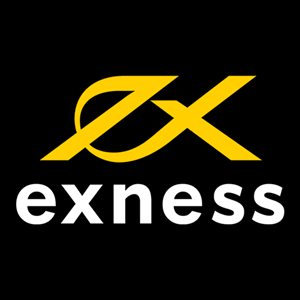 Exness
Exness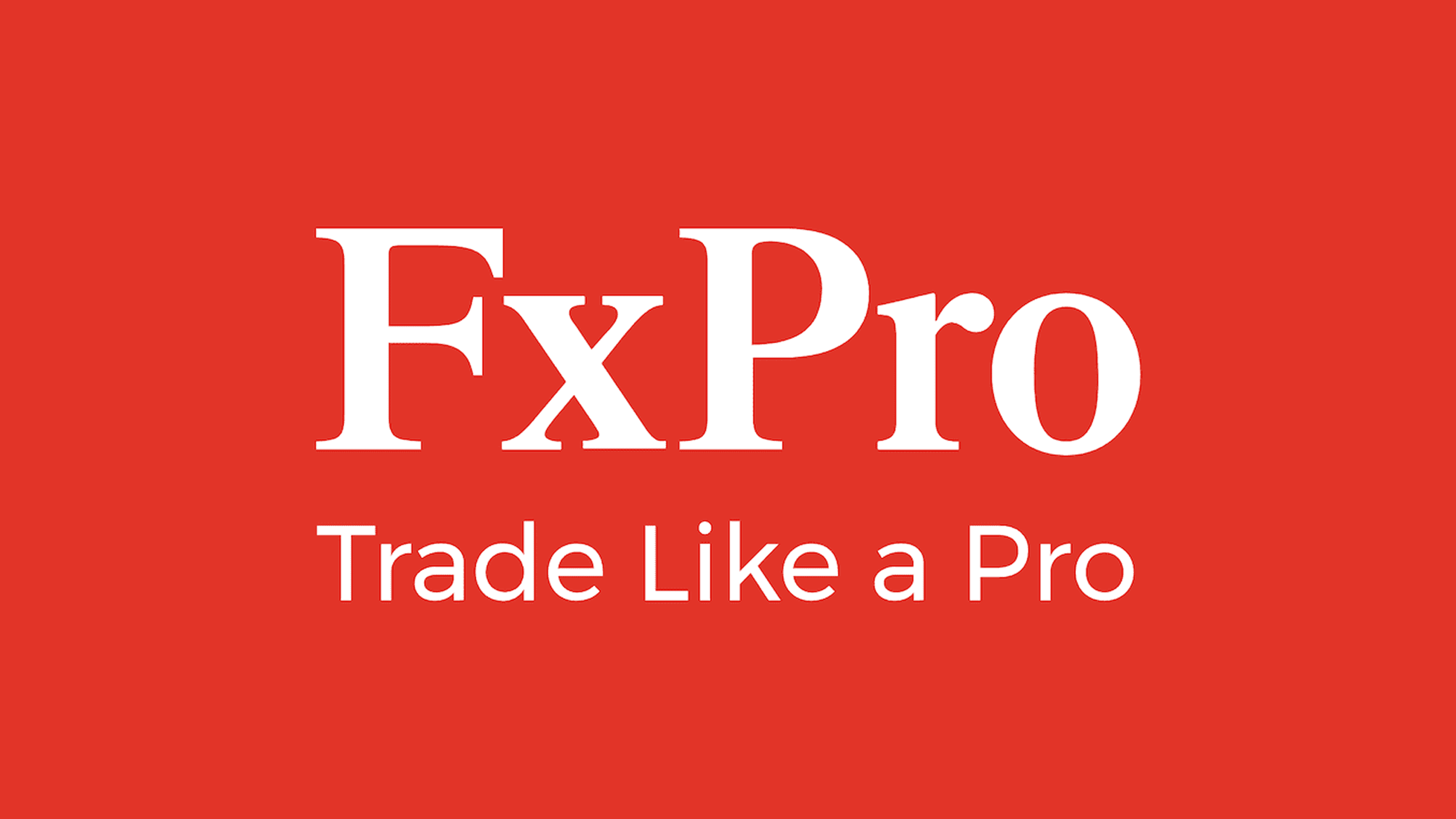 FxPro
FxPro Alfa-Forex
Alfa-Forex Libertex
Libertex FxGlory
FxGlory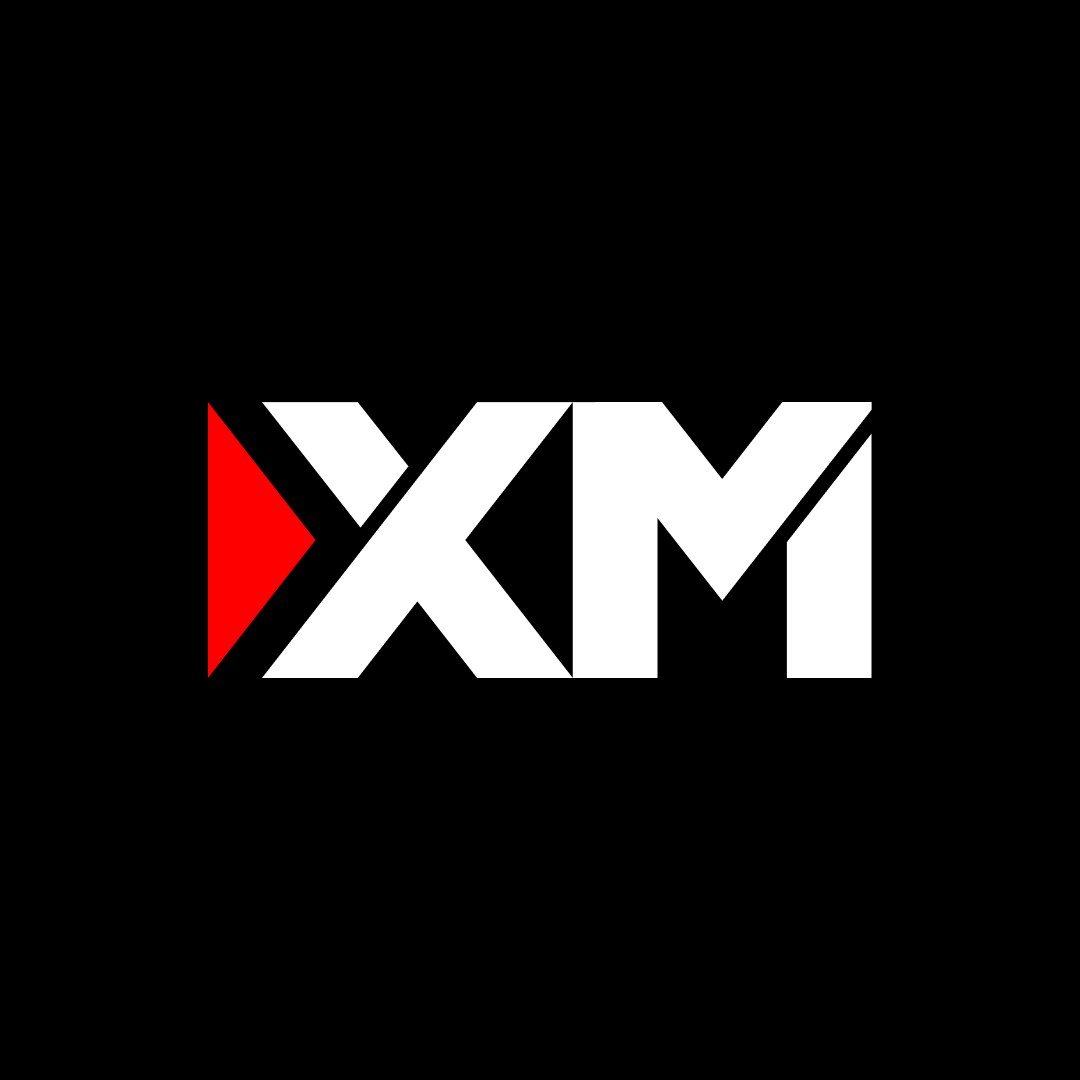 XM
XM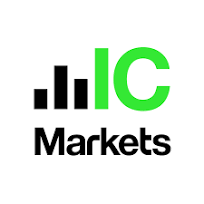 IC Markets
IC Markets Forex.com
Forex.com AXITrader
AXITrader


